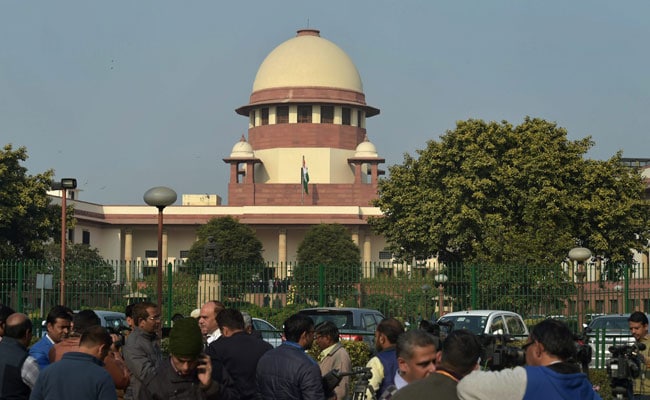
The UIDAI Chief will have to send across the written answers before the next court hearing.
Quick Take
Summary is AI generated, newsroom reviewed.
UIDAI chief has to reply to 20-point questionnaire drafted by petitioners
The questionnaire is meant to demonstrate gaps in the Aadhaar system
UIDAI chief says it was virtually impossible to break into Aadhaar data
The top court had last week made an exception for the government when it allowed the bureaucrat instead of the top law officer to make a presentation on the Aadhaar architecture and the safeguards built into the system. Mr Pandey wrapped up the presentation on Tuesday when the petitioners asked for the court's permission for an opportunity to ask questions.
KK Venugopal, the centre's top law officer, suggested the court vet the questions that could be asked but Chief Justice of India Dipak Misra, who heads the bench of five judges, felt this wasn't necessary. Justice Misra asked the questionnaire be handed over to Mr Pandey who would have to send across the written answers before the next court hearing on Tuesday next week.

Last week UIDAI chief Ajay Bhushan Pandey told Supreme Court judges that it would take billions of years to crack into system.
The questionnaire, meant to demonstrate gaps in the system that has been used to issue Aadhaar identification often projected to be more trustworthy than any identity document in India.
It asks UIDAI to confirm that its officials do not vet the documents submitted by people, it does not take responsibility for the correctness of the information of the person and does not know if the person being given an Aadhaar number really was a citizen or an Indian national.
Campaigners and experts who have raised concerns about privacy and the safety of the data, the susceptibility of biometrics to failure, and the misuse of data for profiling or increased surveillance feel that answers to these 20 questions would be instructive to highlight gaps that the centre and the UIDAI usually attempt to paper over.
They have also argued that the Aadhaar-must law to access subsidies had deprived large number of people, either because their biometrics did not match or because of other reasons. The UIDAI routinely insists that the failure to authenticate about 12 per cent population's identity did not mean that these people would be denied their subsidies. It is also accused of treating a decline in the number of beneficiaries to savings due to Aadhaar.
Of the questions that have been asked of Mr Pandey, the UIDAI will have to outline the field studies it had carried out to indicate that people were not authenticated were "duplicate enrolments".
Track Latest News Live on NDTV.com and get news updates from India and around the world

